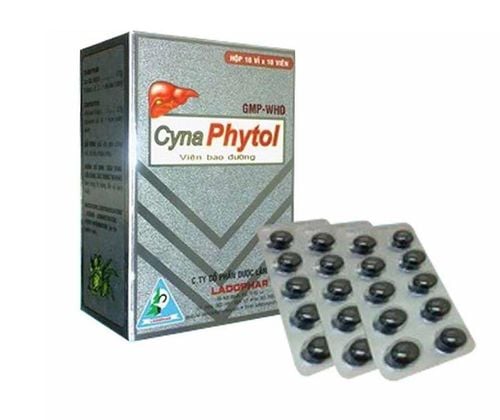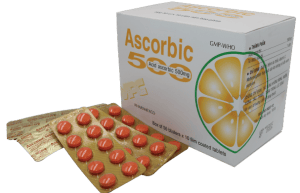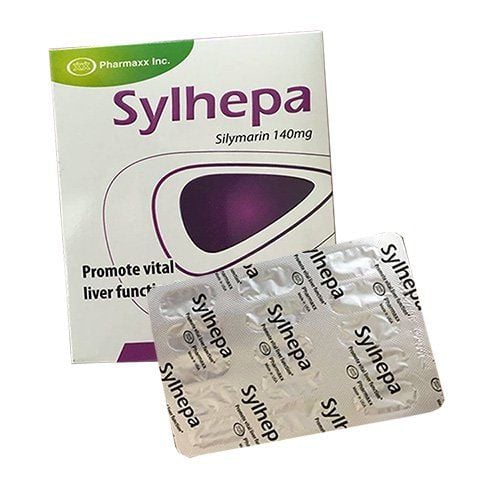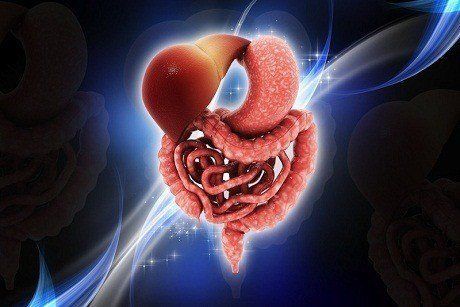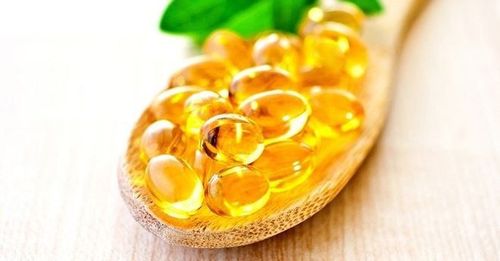This is an automatically translated article.
The use of antioxidant supplements is becoming increasingly popular and is considered healthy. The thing is, there are many antioxidant-rich fruits and vegetables, which have been linked to many health benefits. However, there is some evidence that supplementing with antioxidants can throw the body out of balance.1. What is an antioxidant supplement?
Antioxidant supplements contain refined forms of antioxidants that work to help stabilize free radicals. The human body is capable of generating free radicals on its own during exercise and food digestion.Environmental factors, such as UV exposure, air pollution, cigarette smoke and industrial chemicals like pesticides, are also sources of free radicals.
If the number of free radicals exceeds the body's ability to balance, a condition called oxidative stress can occur. Over time, this contributes to aging and the development of diseases, including cancer.
The main antioxidants that help to regulate free radicals in the human body are vitamins A, C and E and the mineral selenium.
Antioxidant supplements contain between 70 and 1,660% of the Daily Value (DV) for these important nutrients.
Many people think that taking antioxidant supplements will prevent damage caused by free radicals to body cells, thus promoting longevity and keeping disease away.
However, supplementing with antioxidants in high amounts can have the opposite effect.
2. Harm from overdose
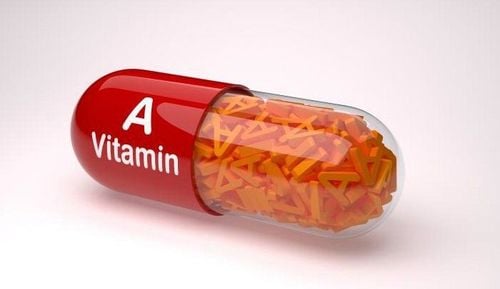
Việc sử dụng vitamin A ở liều cao khi mang thai có thể gây nguy cơ dị tật bẩm sinh ở trẻ
2.1 Reduced athletic performance The human body generates free radicals as a by-product of energy metabolism during exercise. The higher the intensity and the longer the duration of exercise, the more free radicals the body produces.
Free radicals can contribute to fatigue and muscle damage, so many people think that supplementing with antioxidants can reduce the harmful effects of these free radicals, thereby improving performance. exercise performance and muscle recovery.
However, some studies have shown that supplementing with antioxidants - specifically vitamins C and E - can interfere with the body's process of adapting to exercise intensity and even eliminating several health benefits associated with exercise
2.2 Increased cancer risk Oxidative stress caused by free radicals in the body is believed to be a cause of cancer development.
Since antioxidants are believed to be able to neutralize free radicals, antioxidant supplementation has been speculated to have the potential to reduce the risk of developing or dying from cancer.
However, several meta-analyses have shown that antioxidant supplementation does not reduce the risk of many types of cancer nor does it reduce the risk of dying from it. In fact, the improper use of antioxidant supplements can even increase the risk of some cancers. In addition, several meta-analyses have found that supplementing with beta-carotene, a precursor to vitamin A, increases the risk of bladder cancer and lung cancer in habitual smokers.
As for Selenium, this antioxidant may help prevent cancer in people with low levels of the mineral or in people at high risk for cancer. However, more medical research is needed before selenium can be recommended for this purpose.
2.3 Causes Birth Defects Vitamin A is a very important nutrient for fetal growth and development, but when used in high doses, vitamin A supplements can increase the risk of birth defects .
Therefore, pregnant women should not usually take high doses of vitamin A supplements.
These supplements are only recommended for pregnant women in areas where vitamin A is deficient, such as in Africa and Southeast Asia.
Beta-carotene, a precursor to vitamin A, has not been shown to lead to birth defects. But because taking this supplement has been linked to cancer, pregnant women should consult their doctor before taking beta-carotene.
3. How to get antioxidants from food
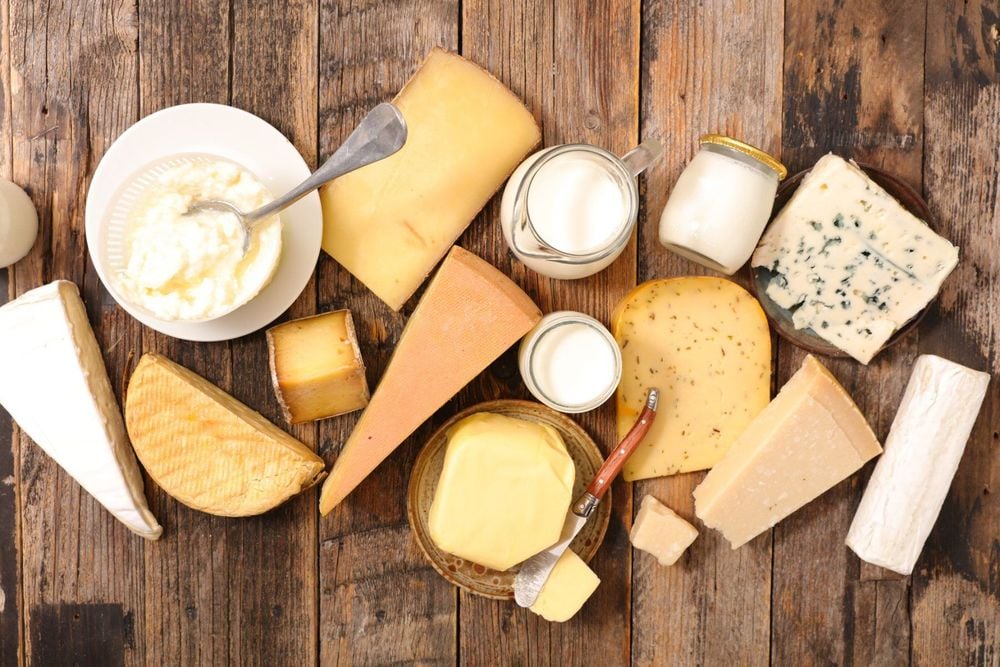
Các sản phẩm từ sữa có chứa nhiều chất chống oxy hóa
Vegetables: Cotton broccoli, bell pepper, spinach. Fruit: Orange, apple, strawberry. Whole grains: Oats, quinoa, brown rice. Beans: Kidney, pinto, red bean. Nuts: Walnuts, pecans, almonds. Drinks: Coffee, tea.
Please dial HOTLINE for more information or register for an appointment HERE. Download MyVinmec app to make appointments faster and to manage your bookings easily.
Reference article: Healthline.com




